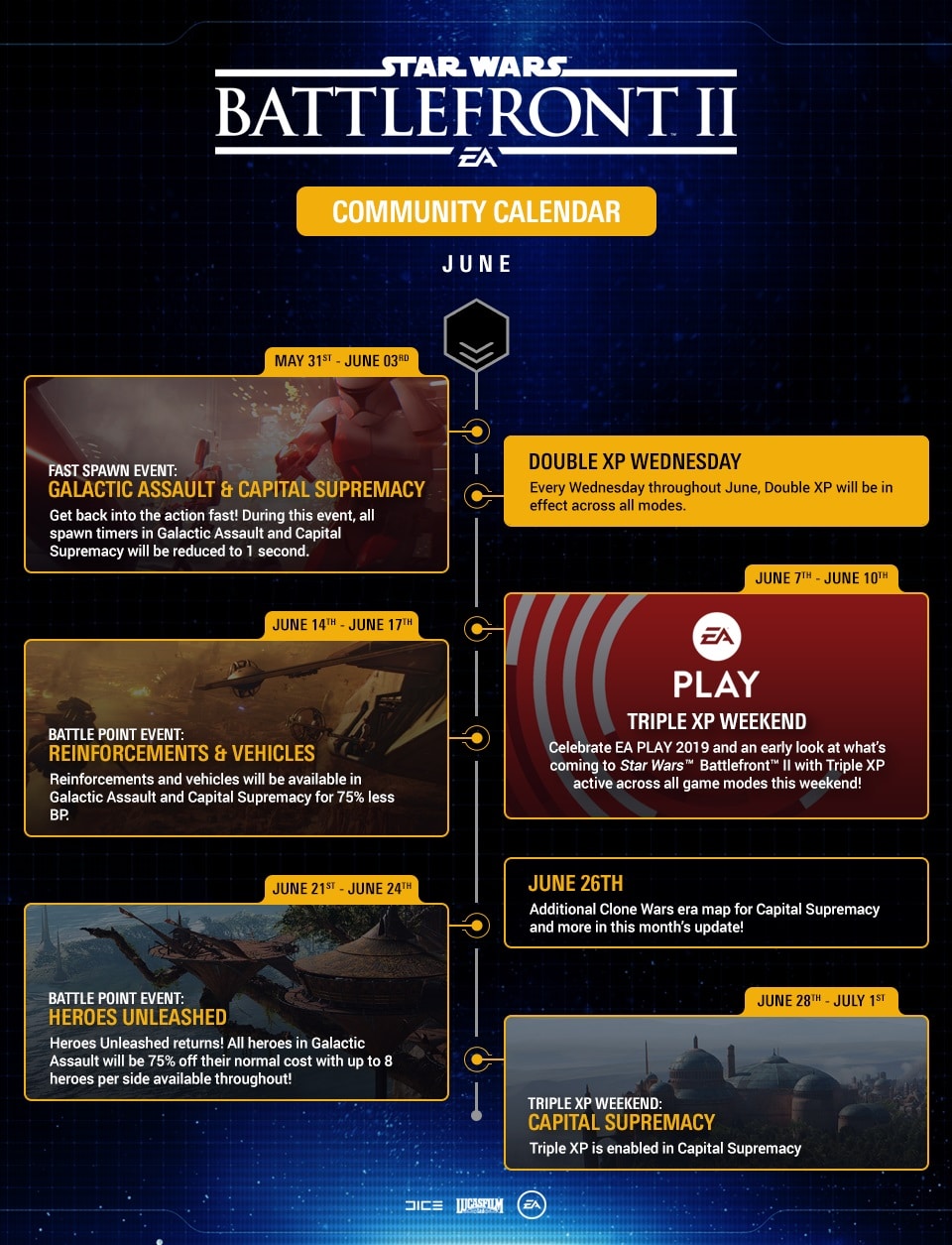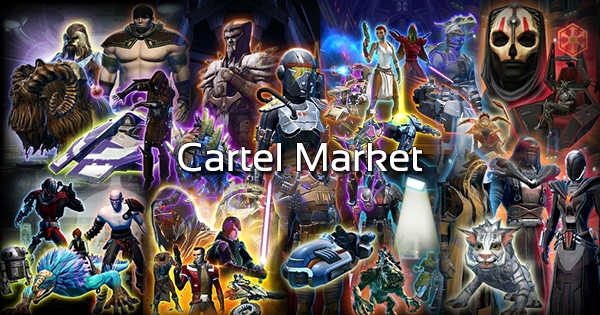Since its 2020 release, Genshin Impact has achieved remarkable success in the gaming world. It boasts over 2 million daily players across various platforms, with a staggering 53 million monthly active users. The game’s financial prowess is evident, with iOS and Android in-app purchases generating $1.5 billion in 2022. Additionally, Genshin Impact has been downloaded over 139 million times, solidifying its status as a monumental industry triumph.
But what makes Genshin Impact so special? In addition to its immersive fantasy world, the game is famous for its gacha mechanic, which many other developers seek to replicate.
In what follows, we break down how gacha games work, the criticisms they raise, and their enduring popularity.
What are gacha games exactly?
Gacha games, derived from the Japanese term “gachapon,” are a genre of mobile games that use the allure of chance and randomness in their favor. Essentially, players invest real-world money to unlock in-game items, characters, or equipment through a virtual lottery or “vending machine” mechanic, often referred to as “gacha pulls” or “loot boxes.”
This process, which can be compared to unwrapping a present or scratching a lottery ticket, drives the appeal of gacha games. In addition to the lottery-style systems, players can expect traditional gameplay elements of traditional adventure and fantasy titles.
Gacha games are also known for their strong emphasis on socialization, offering multiplayer modes, player rankings, and frequent events to maintain player engagement.
Despite the immense popularity and financial success of titles like Genshin Impact, Fate/Grand Order, and Arknights, gacha games have been the target of much controversy. Critics have denounced the games’ addictive nature, aggressive monetization tactics, and their similarities to gambling.
Gacha games vs. gambling: Are they the same?
Thanks to the astronomic rise of technology, online gambling has become a billionaire industry. Nowadays, internet users can try their luck at poker and slots on sites like Bitcasino, or support renowned soccer teams like Real Madrid, Barcelona, or Newcastle United on Sportsbet-io.
With the prevalence of gambling in our lives, many have been quick to point out its similarities to gacha games. For starters, both involve risking money in hopes of obtaining something of higher value by random chance. And, just like gamblers, many gacha players develop an emotional investment in virtual items, experiencing distress when unable to unlock them. This, coupled with their addictive nature, blurs the line between entertainment and gambling, according to critics.
However, one key distinction is that there is virtually no zero-sum outcome in gacha games. Players will be rewarded for their investments, with the worst-case scenario being receiving unwanted items. In this case, the gacha mechanic is more similar to collecting trading cards.
The enduring popularity of gacha mechanics
In late August of 2023, League of Legends (LoL) made headlines for the introduction of a gacha-style change. LoL would release exclusive content, the Mythic Variants skins, behind a paywall of $200. The move was met with an online backlash by fans, with Reddit users dubbing it a “new low”.
A report by Reuters alleged that Microsoft too planned to take advantage of the gacha popularity. In its race against Sony, the tech giant would be looking to replicate the success of Genshin Impact with a new title for Xbox. According to Reuters, the company had engaged in talks to acquire Genshin Impact during its early stages of development. However, the deal never took off and Sony ended up signing up for limited console exclusivity.
Gacha game enthusiasts won’t have to wait long, as 2023 will introduce plenty of new titles with the mechanic. The much-anticipated Project Mugen, for example, is an ambitious open-world experience featuring a character action combat reminiscent of Genshin Impact and a vehicular traversal with echoes of Grand Theft Auto.
To conclude
Gacha titles like Genshin Impact have drawn both fascination and backlash due to monetization mechanics akin to games of chance. Despite the prevalent criticisms and pushback, we can expect even more gacha games in the near future.






